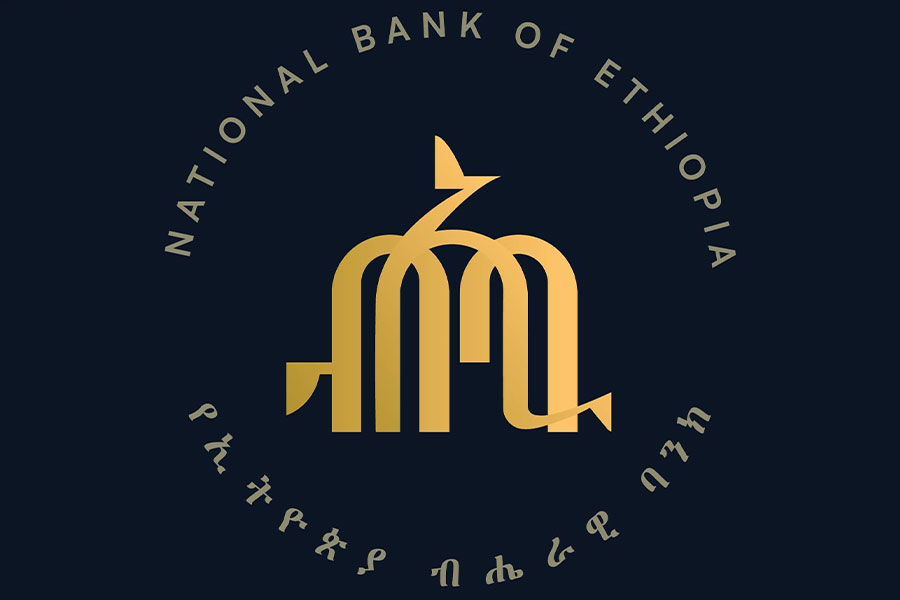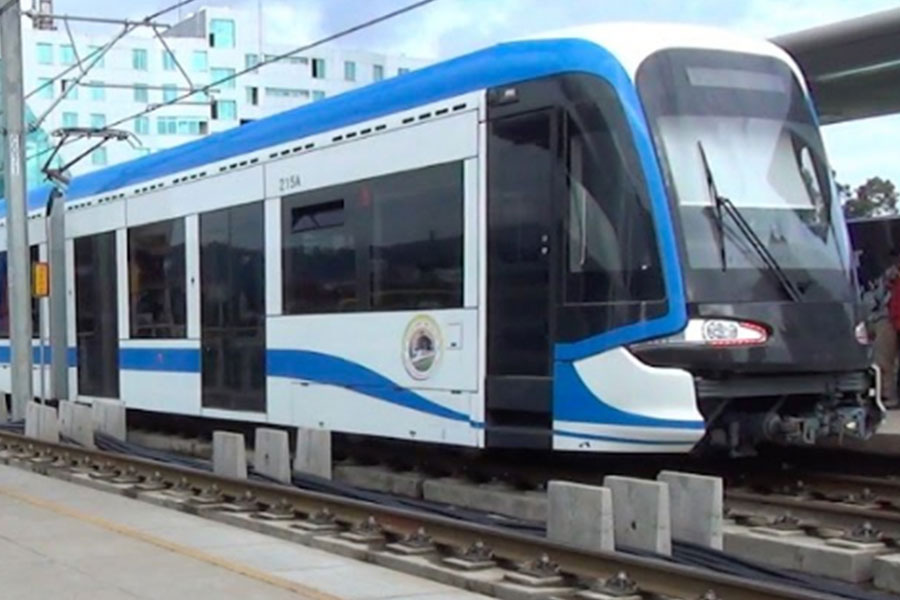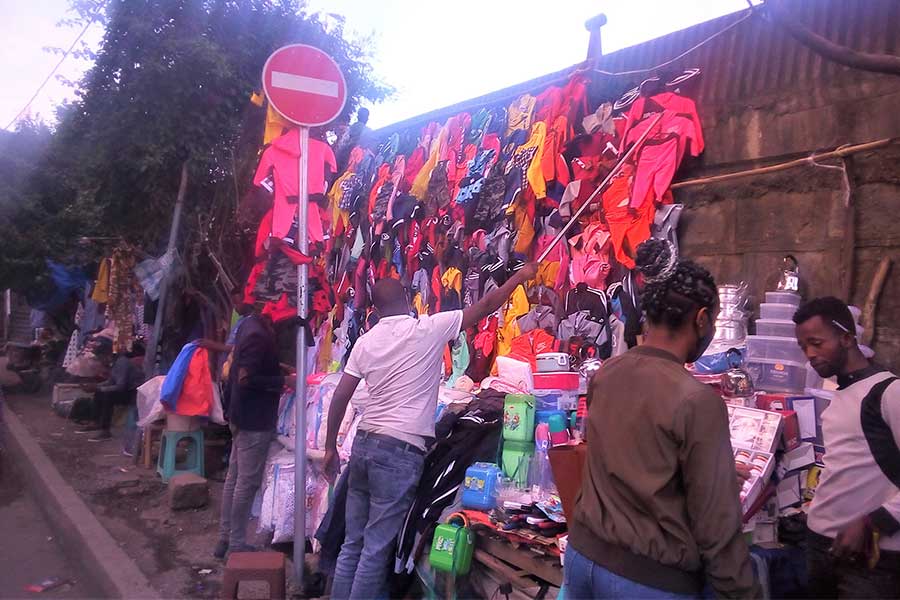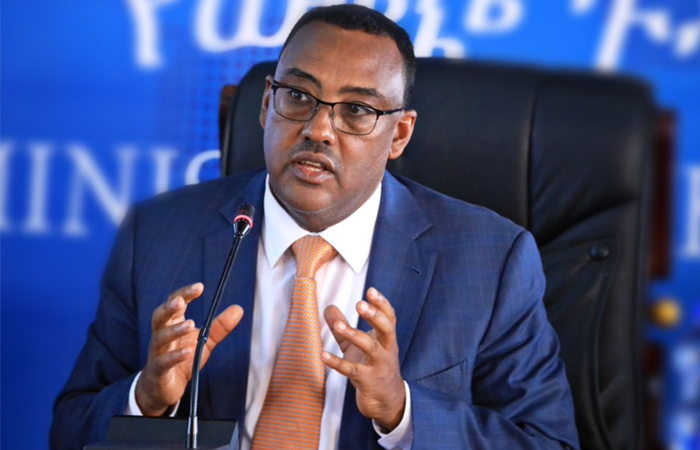
The Ministry of Transport & Logistics looks to consolidate the scattered driver licensing and vehicle registration procedures, combating fraud in licensing; a study discovered covers a third of all driving permits. Authorities hope to acquire a modern transport and traffic management system, estimated to cost 107 million dollars, which can help them in the fight.
Microchips containing biometric data of drivers such as fingerprints and iris scans are among the changes to be introduced in what authorities say will be "smart driving licenses".
The former Federal Transport Authority (FTA) had been overseeing the registration and licensing of vehicles and issuing drivers' licenses. However, regional and city administrations have been delegated issuing the licenses. They operate autonomously, without a central database for registering motor vehicles, drivers, and heavy-duty machine operators. The registration and licensing processes are still carried out manually.
The head office for the now-defunct transport authority, on General Abebe Damtew St. (around La Gare area), will be converted to a data centre for a transport and traffic management system. According to Bahiru Mossa, the Transport Systems Improvement Project Office manager under the Transport Ministry, the centre will give regional states and municipalities access to primary data.
His Office reports to Dagmawit Moges, minister of Transport & Logistics.
“The history of the driver and the vehicle can be accessed through the central database," Bahiru told Fortune.
The Office plans to build auxiliary databases as backup, which will be no shorter than 250Km from the primary data centre as required by international best practice. Bahiru revealed that the location for the auxiliary site would be Bahir Dar, the seat of the Amhara Regional State, 552Km northwest of Addis Abeba.
“There will be no separate data centres for the regions," the Manager said.
In 2019, the Ministry hired an India-based consulting firm, Grail Consulting & Project Management Service, to develop a database and a driver and vehicle registration system infrastructure. Two weeks ago, the Office floated an international tender to develop and implement the transport and traffic management system. Close to 37 companies have bought the bid documents. The bid will open in mid-April, and the winner will be selected in July, according to Bahiru.
“The project is expected to be completed within two years," he said.
The transport and traffic management system is part of a bigger scheme – the Transport Systems Improvement Project (TRANSIP) financed by the World Bank.
With an outlay of 300 million dollars, TRANSIP aims to improve mobility in Addis Abeba and the effectiveness of road safety compliance systems throughout the country. The Ministry implements project components under federal jurisdiction, while the Addis Abeba City Roads Authority (ACCRA) is responsible for implementation at the city level, where it will be rolled out first. Addis Abeba is home to two-thirds of the 1.3 million registered vehicles on the country's roads.
Officials of the Transport Ministry blame delays in the project, unable to meet a deadline for December 2023 agreed with the World Bank.
“The World Bank has given us the green light to extend the deadline after implementing the project in the capital,” Bahiru said.
The remaining work equips regions and municipalities with end-user computing devices connected with the primary database.
The Addis Abeba Driver & Vehicle Licensing & Control Authority developed a web-based data centre a decade ago. In 2018, the city administration launched a one-stop electronic billing and accident registration system, allowing police officers to identify counterfeit drivers’ licenses of the 1.8 million issued in the capital. In the last six months, the Authority has issued 36,000 licenses for drivers.
However, these systems are outdated for vehicles registered outside the capital, says Ferew Teshale, head of communications at the Authority.
“Tracing multiple ownership and detecting forgery is very difficult," he said.
A study conducted by the FTA three years ago estimated that almost a third of all drivers' licenses are obtained fraudulently.
Bahiru hopes it will be challenging to counterfeit a driver's license after implementing the new traffic management system.
“The police will be equipped with handheld devices to connect with the main database and verify the authenticity of licenses," he said.
Yet, experts like Engida Tadie, lecturer of urban planning and transportation management at Kotebe Metropolitan University, argue that the project's goal should reduce the alarmingly high rate of road accidents. Over the past three years, close to 16,000 people lost their lives to traffic accidents; over 50,000 suffered injuries.
“The efficiency of the new system will be measured by the number of lives it helps save," said Engida.
The authorities have been ramping up efforts to reduce traffic accidents. This includes the introduction of a merit record that suspends the licenses of drivers with a history as repeat offenders. But there is no system to administer the points at a federal level, says Ferew.
PUBLISHED ON
Feb 19,2022 [ VOL
22 , NO
1138]

Fortune News | Jan 07,2023

Fortune News | May 15,2021

Radar | Oct 10,2020

Radar | Sep 17,2022

Fortune News | May 24,2021

Dec 22 , 2024 . By TIZITA SHEWAFERAW
Charged with transforming colossal state-owned enterprises into modern and competitiv...

Aug 18 , 2024 . By AKSAH ITALO
Although predictable Yonas Zerihun's job in the ride-hailing service is not immune to...

Jul 28 , 2024 . By TIZITA SHEWAFERAW
Unhabitual, perhaps too many, Samuel Gebreyohannes, 38, used to occasionally enjoy a couple of beers at breakfast. However, he recently swit...

Jul 13 , 2024 . By AKSAH ITALO
Investors who rely on tractors, trucks, and field vehicles for commuting, transporting commodities, and f...

Nov 1 , 2025
The National Bank of Ethiopia (NBE) issued a statement two weeks ago that appeared to...

Oct 25 , 2025
The regulatory machinery is on overdrive. In only two years, no fewer than 35 new pro...

Oct 18 , 2025
The political establishment, notably the ruling party and its top brass, has become p...

Oct 11 , 2025
Ladislas Farago, a roving Associated Press (AP) correspondent, arrived in Ethiopia in...